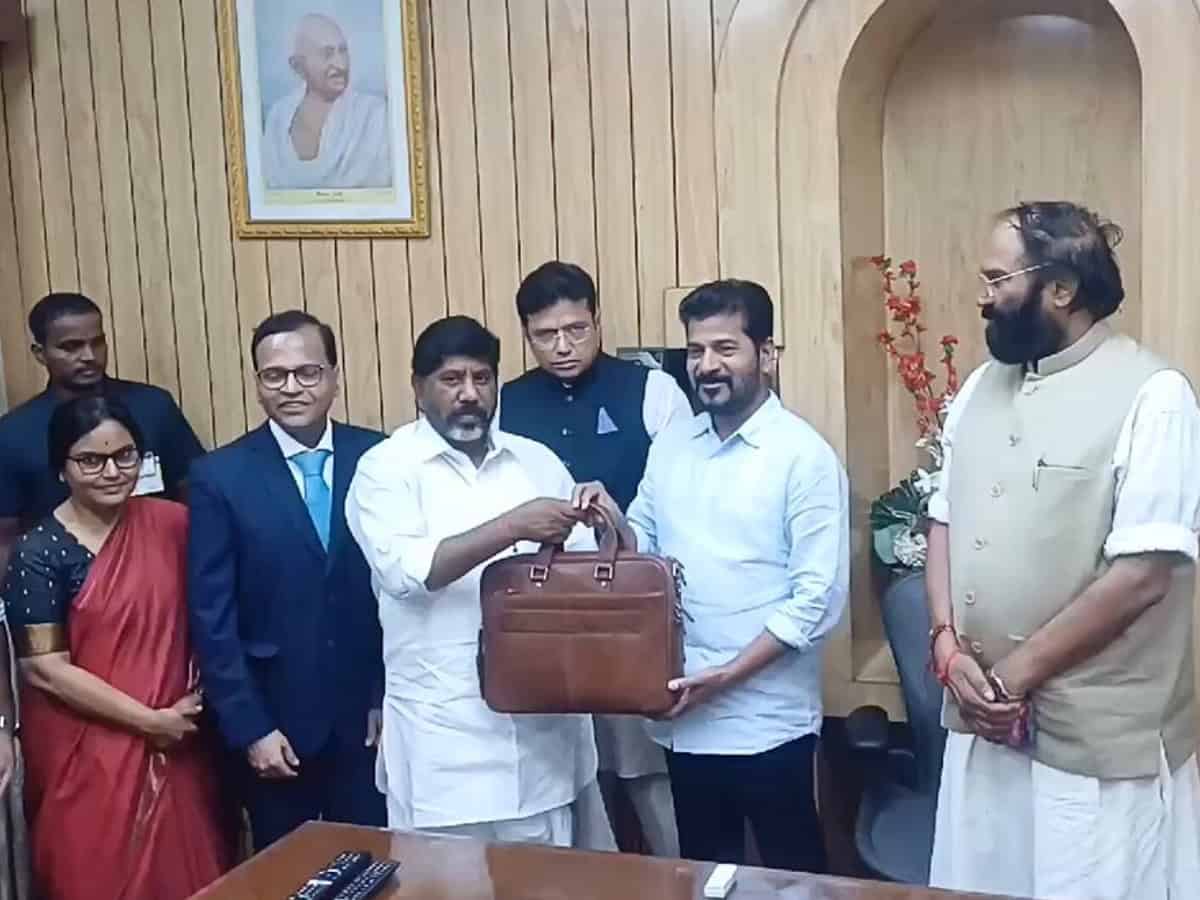
By Rashad Ullah Khan
As the 2024–25 budget is being hailed as a dream budget for all sections by the Union Minister for Minority Affairs, it is important to not get swayed by this narrative. While the allocation for the Ministry of Minority Affairs has been increased by Rs. 574.31 crores to reach Rs. 3,183.24 crores, an important aspect to note is how the amount has drastically decreased from what was allotted in 2022–23 period, which was Rs. 5020.50 crores. Considering how the situation of the minority communities has worsened over the years, the decrease in funding is alarming.
According to an analysis of the latest annual Periodic Labour Force Survey, we can clearly see how people working as regular wage employees among religious minority groups such as Muslims, Christians, and Sikhs, has seen a greater decline as compared to the majority Hindu population in the last five years. The major brunt has been shouldered by the Muslim community, who have faced a significant decline in wage employment which has resulted in an increase in both self-employment (comprising unpaid household labor or owning a small enterprise) and casual work among these communities. While self-employment has seen an increase across all religious groups, the share of casual workers has gone up only in the Muslim community.
Considering the decline in regular wage employees among religious minority groups, it is alarming to see how the skill development and livelihood schemes have been reduced to Rs. 3 crores in comparison to the Rs. 64.4 crores that was granted last year. While the religious minority groups’ engagement is low in regular wage labour, this could also be attributed to their educational levels, proportional to their access to quality education. Hence, the move of the government to reduce the total education empowerment from Rs. 1,689 crores to 1,575 crores displays a lack of motivation to improve the social and economic backwardness faced by religious minority groups.
In contrast to the budget presented by the central government, the budget proposed for 2024–25 by the Telangana government displays the characteristics of an inclusive budget, aimed at addressing the needs of religious minority groups. While presenting the budget, Deputy Chief Minister Mallu Bhatti Vikramarka said that protection of rights of minorities and their development would contribute to the all-round development of the state. To follow through with this statement, the state government has reserved Rs 3,003 crores as part of budgetary allocations for Minorities Welfare. This is an increase of Rs. 800 crores (36%) from the allocation of the previous financial year of 2023–24, which was Rs. 2,195 crores.
The Telangana government has also shown its seriousness in addressing the challenges present in the arena of education by increasing the budget allocations for the Telangana Minorities Residential Educational Institutions Society from Rs. 565 crores in the previous financial year to Rs. 698 crores.
There is a clear difference between the central and Telangana government’s budgets in terms of attitude towards minority welfare. Where one is reducing the budgetary allocations for minority welfare, the other is reinforcing its dedication towards the goal of uplifting religious minority groups. For a country such as India, which is currently facing an employment crisis, one which could be attributed to the skilling of its workforce and the lack of opportunities present in the country, the lack of addressal from the side of the central government on these key issues of unemployment and education among the religious minority groups displays its disdain for inclusivity.
In an ideal situation, the central government could have taken a few cues from the state of Telangana. For a sustainable and successful future, it is important to distribute wealth equitably and ensure everyone, regardless of caste, class, and gender, moves forward together. Development which is not equitable and exclusionary in nature almost always backfires for those who have been elected to power.
Rashad Ullah Khan is a Senior Research Fellow at the Centre for Developing Policy and Practice. He completed his Master’s in Women’s Studies from the Tata Institute of Social Sciences, Mumbai. His interests lie in religiosity, social movements and gender.



